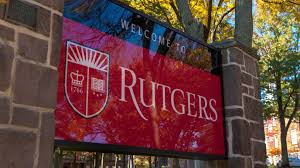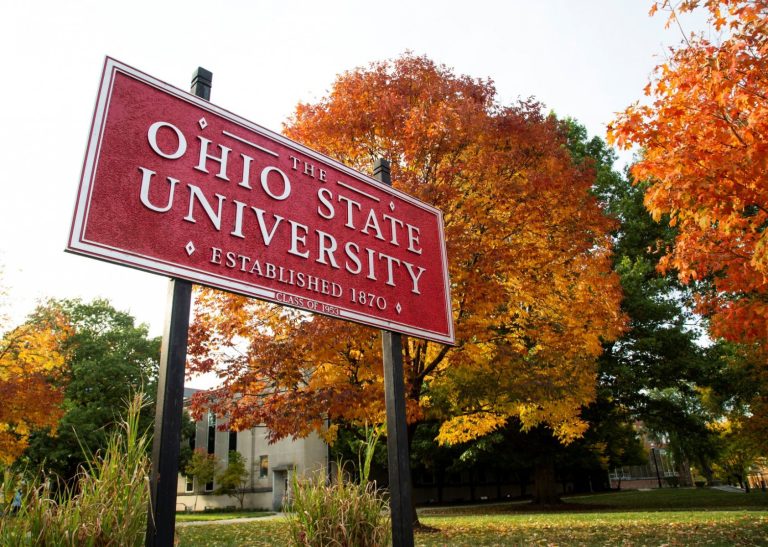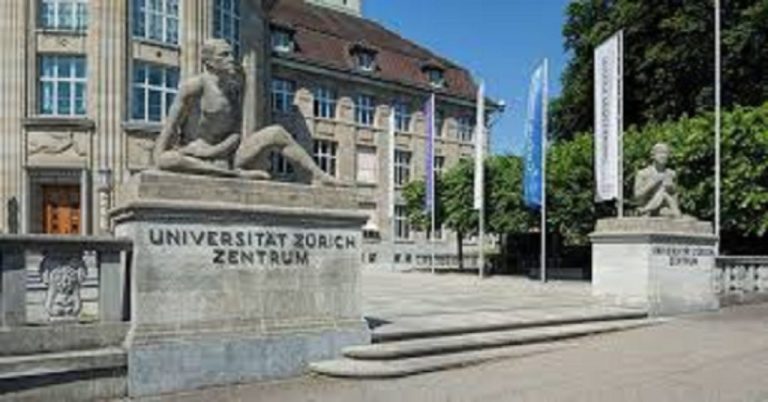For the HyTROS project awarded by the Dutch Research Council (NWO) on hydrogen transport, offshore and storage, a PhD position for the period is available in the context of modelling hydrogen embrittlement of pipeline steels. In this project, the University of Groningen, in collaboration with TU Delft, will unravel the fundamental origin of hydrogen-induced fatigue crack growth by a multi-scale modelling approach. The focus of this position is the atomistic modelling of crack propagation in steels in presence of hydrogen and inhibiting gases (e.g. ppm oxygen), as well as scale bridging from atomistic to microscale crystal plasticity simulations. This includes the development of a quantum-accurate interatomic potential to study crack propagation and hydrogen embrittlement in pipeline steels.
It is well known that hydrogen enhances the fatigue crack growth (HFCG) rate. The physical mechanism at the origin of this phenomenon is however unknown. Detailed understanding of HFCG would allow for optimal usage of (existing) pipelines for hydrogen transport. Furthermore, recent investigations have revealed that mixing small ppm oxygen/inhibiting gases could mitigate HFCG, yet the reason for this is not understood. This project aims at providing a mechanistic model for HFCG and unraveling the mechanism behind gaseous inhibition of HFCG.
The successful candidate will be co-supervised by dr. Francesco Maresca from the Computational Mechanical and Materials Engineering (CMME) unit of the Engineering and Technology institute Groningen (ENTEG) and by Prof. Erik van der Giessen from the Micromechanics unit of the Zernike Institute for Advanced Materials.
Organisation
Founded in 1614, the University of Groningen enjoys an international reputation as a dynamic and innovative institution of higher education offering high-quality teaching and research. Flexible study programs and academic career opportunities in a wide variety of disciplines encourage the 34,000 students and researchers alike to develop their own individual talents. As one of the best research universities in Europe, the University of Groningen has joined forces with other top universities and networks worldwide to become a truly global center of knowledge.
Qualifications
Talented, enthusiastic candidates with excellent analytical and communication skills are encouraged to apply. A MSc degree (or equivalent) in Mechanical Engineering, Physics, Materials Science or a related discipline is required, with experience in atomistic modelling of materials and solid mechanics theory. Experience in molecular dynamics, density functional theory and solid mechanics is important, as well as a strong interest in pursuing research in mechanics of materials. Experience in fracture mechanics modelling, machine learning, micro-mechanics, FEM simulations, crystal plasticity, metallurgy, are of benefit.
Organisation
Conditions of employment
We offer you, in accordance with the Collective Labour Agreement for Dutch Universities:
- A salary of € 2,770 (salary scale PhD candidates) gross per month in the first year, up to a maximum of € 3,539 gross per month in the fourth and final year, based on a full-time position.
- A holiday allowance of 8% gross annual income an 8.3% year-end bonus.
- A temporary position of one year with the option of renewal for another three years; prolongation of the contract is contingent on sufficient progress in the first year to indicate that you will successfully complete your PhD thesis within the next three years. A PhD training programme is part of the agreement.
The position is immediately available
Application
Do you meet the qualification criteria? If yes, your application should include (PDF format):
- A letter of motivation (max. 1 page).
- A detailed curriculum vitae. Please include an overview of your experience with molecular dynamics, theoretical solid mechanics, fracture mechanics modellin until g, density functional theory, machine learning, micro-mechanics, FEM simulations, crystal plasticity, metallurgy, Matlab/Python coding, numerical analysis.
- The official transcripts of your BSc and MSc grades.
- List of at least two references with full contact information (including the supervisors of your final BSc and final MSc projects).
You may apply for this position until 14 November 11:59pm / before 15 November 2024 Dutch local time (CET) by means of the application form (click on “Apply” below on the advertisement on the university website).
The University of Groningen strives to be a university in which students and staff are respected and feel at home, regardless of differences in background, experiences, perspectives, and identities. We believe that working on our core values of inclusion and equality are a joint responsibility and we are constructively working on creating a socially safe environment. Diversity among students and staff members enriches academic debate and contributes to the quality of our teaching and research. We therefore invite applicants from underrepresented groups in particular to apply. For more information, see also our diversity policy webpage: https://www.rug.nl/(…)rsity-and-inclusion/
Our selection procedure follows the guidelines of the Recruitment code (NVP): https://www.nvp-hrnetwerk.nl/nl/sollicitatiecode and European Commission’s European Code of Conduct for recruitment of researchers: https://euraxess.ec.europa.eu/jobs/charter/code
We provide career services for partners of new faculty members moving to Groningen.
Unsolicited marketing is not appreciated.
Information
For information you can contact:
- Dr Francesco Maresca (for questions regarding the project), f.maresca@rug.nl
Please do not use the e-mail address(es) above for applications.



